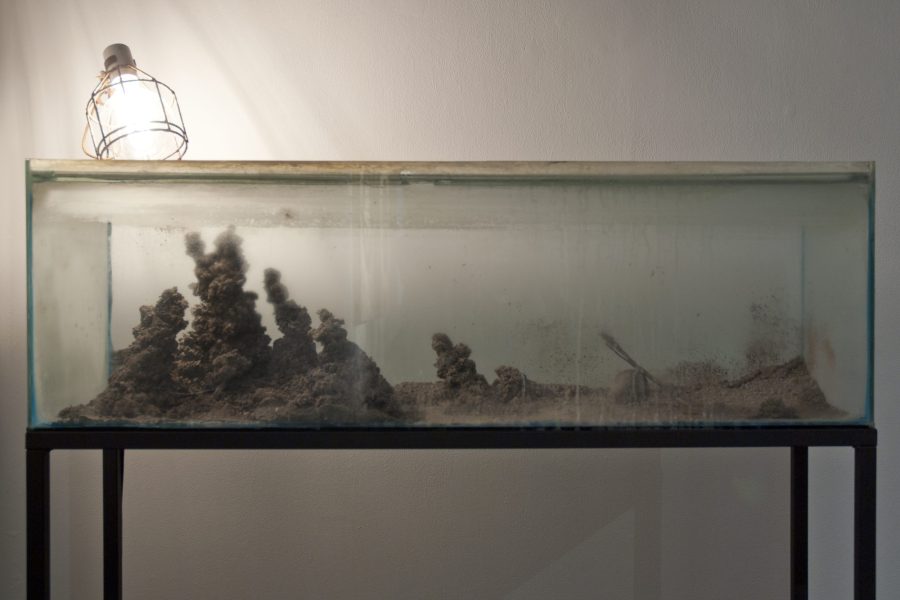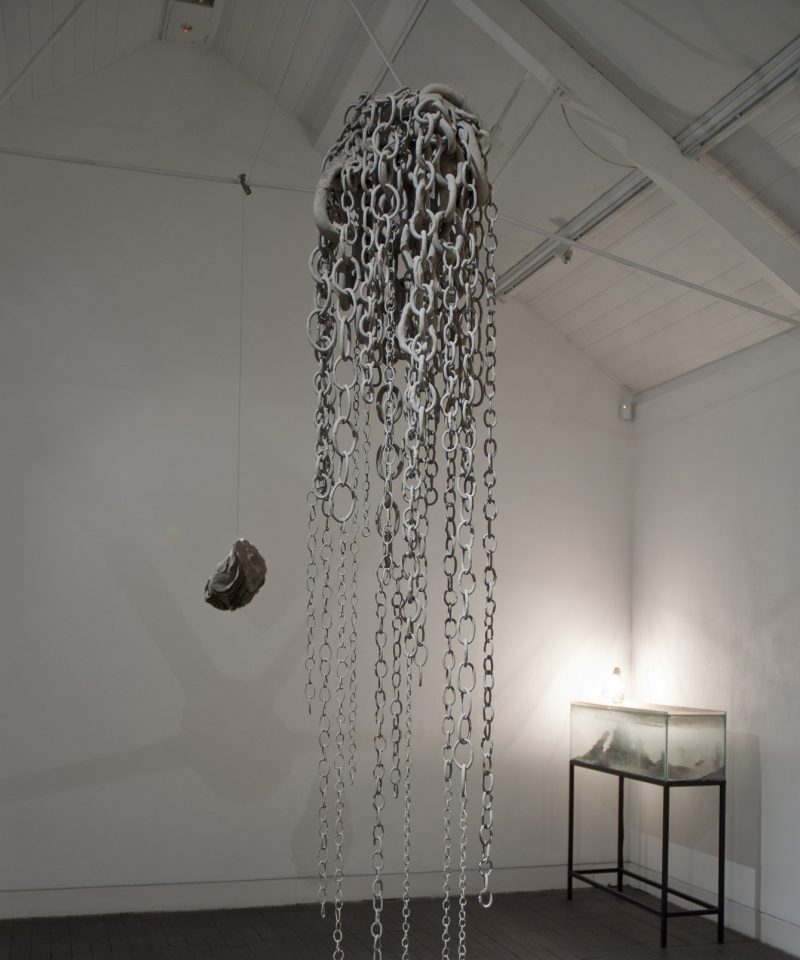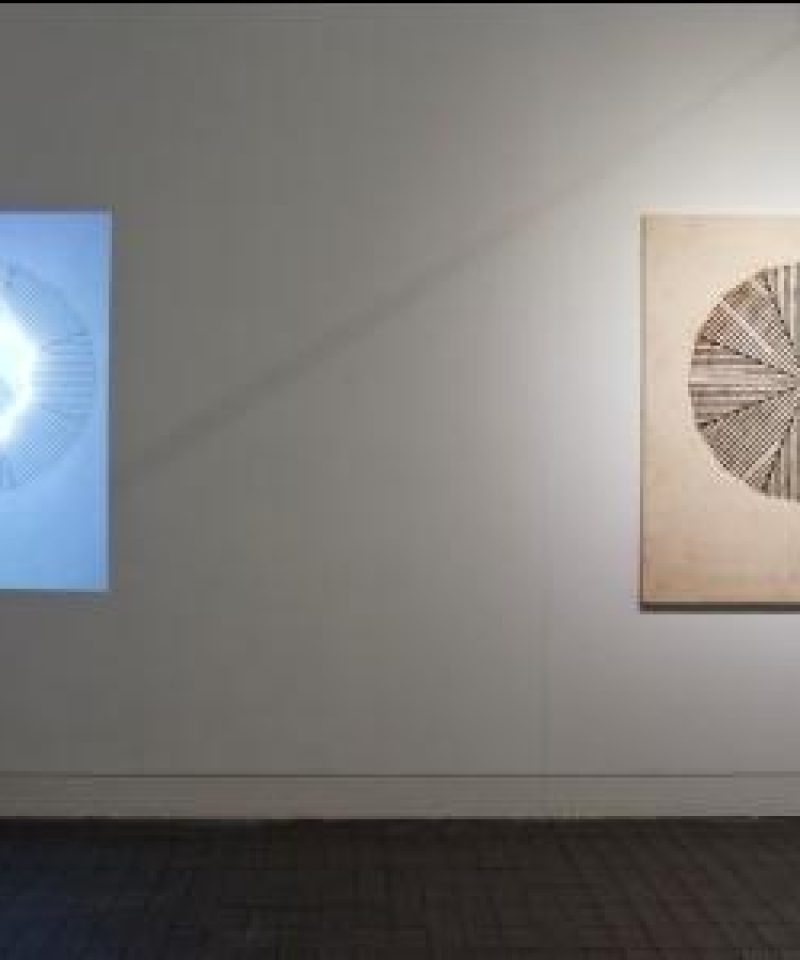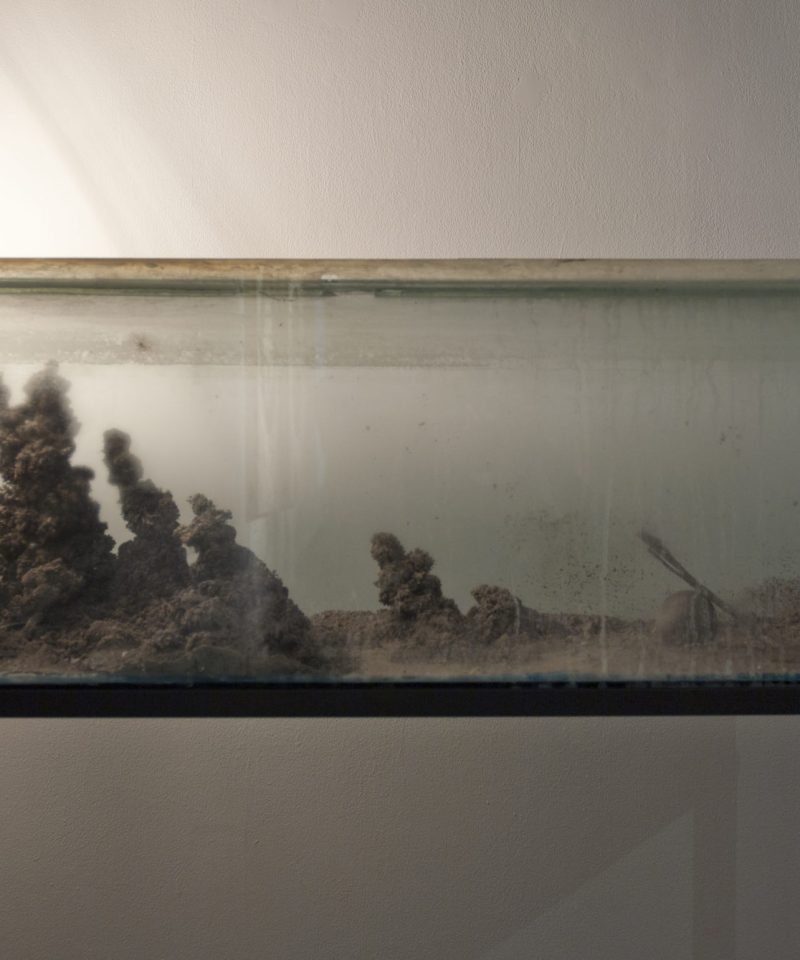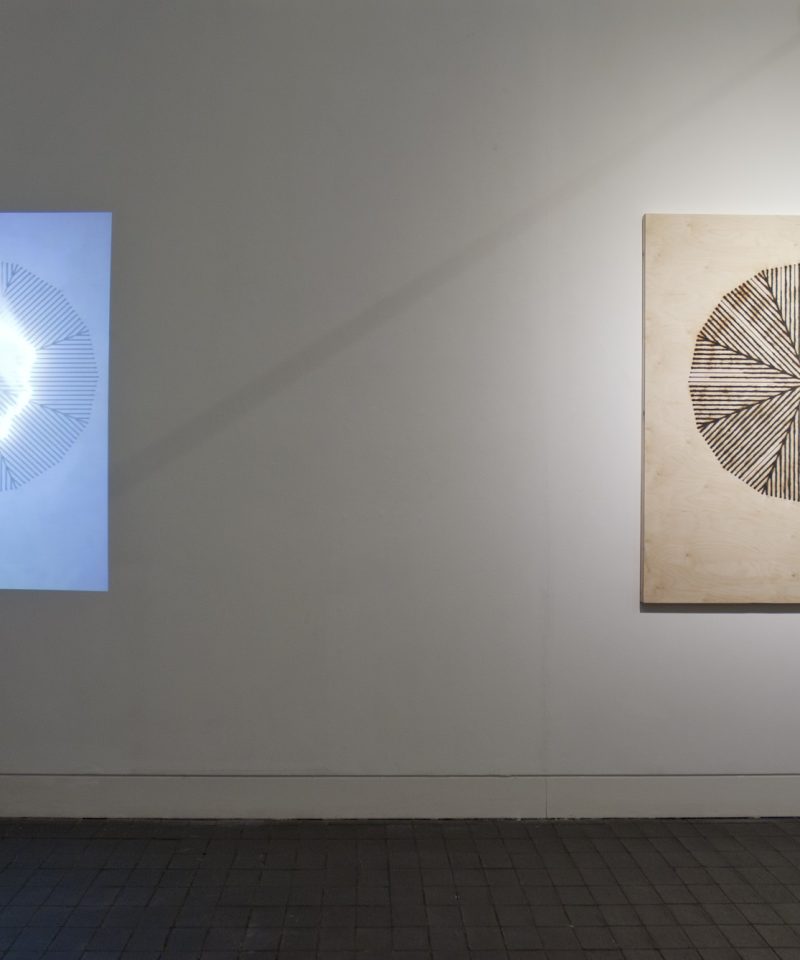All artworks are in their own way manifestoes. They make manifest – show and offer – a world in which they argue for themselves as necessary. They seek to fine-tune the shape of the world. They make a claim as carriers of something they believe to be worth encountering / feeling / knowing. The strength – or not – of this claim is often a measure of their continuing / growing / lack of success in the time that opens like a fan from their making. So, they survive, if they do, beyond their ‘moment’, regardless of whether they continue to exist as artefacts.
For ‘actual’ manifestoes, much of the above is true. As if they were artworks (many are) before they are explicit calls dramatically to reorder the real in favour of their own imagined proposal. However, they are also more and less, and both aspects work in relation to their constitution within language.

Manifestoes make entirely evident the metaphorical trait of language. Not simply content to contain metaphors within their conviction, they declare that language itself is metaphorical and will aid them directly in their intentions. Language becomes what it tells. All language possesses this if taken literally as an alchemical biological procedure (e.g. lips, teeth, tongue, throat, breath etc shaping intangibles in the body of the maker or the aural / ocular devices of the listener / reader) However, another way of being is not simply aspired towards when a manifesto is spoken or read; it is. For the period of the declaration, the sought new order is manifest in reality as currently configured.
A manifesto creates both the time and the space of the consciousness that perceives it; that is, the place, the site in which the necessary action will unfold. The problem is that this location remains aerial. It has to be given, granted to the air to become manifest, but is all too likely to remain there. Might it be that a manifesto, once declared, has already surpassed its potential to affect or effect. Is the most complete moment of the manifesto its primary impulse in uncoded thought, its earliest draft, whether individual or mass; the sense that something is wrong, that something must change. The desire to stop the clocks of conformity and to reset them to a time arranged by weather, longing, light and shadow, anger, justice, love. To carry no private watch except the pulsing chronometers of body, heart and mind; to follow no public hour except the sheltering and spreading example of the tree, the common cause for multifarious goods, a calendar of continuous and consequent, truthful human acts.
